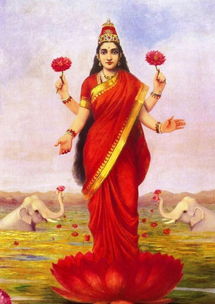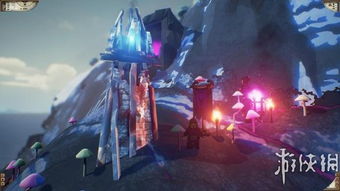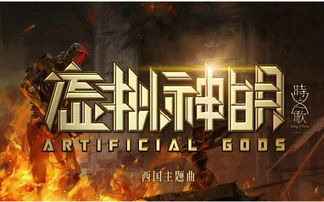 安卓版下载
安卓版下载
大小:87.9MB
下载:11293次
豫烟培训安卓版
- 支 持:Android
- 分 类:应用下载
- 大 小:87.9MB
- 版 本:
- 评 分:
- 开发者:
- 下载量:11293次
- 发 布:2024-11-09 03:53
手机扫码免费下载
#豫烟培训安卓版截图
#豫烟培训安卓版简介
Introduction to the Concept of Deities

Deities have been a central part of human culture and belief systems throughout history. These divine beings, often revered as gods or goddesses, have played various roles in the lives of people, from providing guidance and protection to serving as the embodiment of natural forces. In this article, we will explore the concept of deities, their significance, and their representation in different cultures.
Historical and Cultural Significance

Deities have been present in human societies since ancient times. They have been worshipped, celebrated, and feared in various forms across different cultures. In ancient civilizations like Egypt, Greece, and Rome, deities were integral to the social and religious fabric of society. They were believed to control natural phenomena, influence human destiny, and offer divine intervention when needed.
For example, in ancient Egypt, the Pharaoh was considered a divine ruler, believed to be the son of the god Amun-Ra. Similarly, in Greek mythology, gods and goddesses like Zeus, Hera, and Athena were worshipped for their power over the natural world and their influence on human affairs.
Types of Deities

Deities can be categorized in various ways based on their characteristics and roles. Some are considered creators of the universe, while others are associated with specific natural forces or human emotions. Here are some common types of deities:
Creator Deities: These deities are believed to have created the universe and all life within it. Examples include Brahma in Hinduism, the Big Bang in some scientific theories, and the Supreme Being in Abrahamic religions.
War Deities: These deities are associated with war, conflict, and victory. Examples include Mars in Roman mythology and Athena in Greek mythology.
Love and Beauty Deities: These deities are associated with love, beauty, and passion. Examples include Venus in Roman mythology and Aphrodite in Greek mythology.
Healing Deities: These deities are associated with healing and medicine. Examples include Asclepius in Greek mythology and Shiva in Hinduism.
Deities in Modern Culture

While many deities originated in ancient cultures, their influence has extended into modern times. In contemporary society, deities are often depicted in art, literature, and popular culture. They continue to inspire people and serve as a source of inspiration and guidance.
For instance, in modern literature, deities like Zeus and Athena are portrayed as powerful beings with human-like qualities. In movies and television, gods and goddesses are often depicted as supernatural beings with the ability to control elements or possess extraordinary powers.
Deities in Different Religions

Deities play a significant role in various religions around the world. Here are some examples:
Christianity: In Christianity, God is the Supreme Being, and Jesus Christ is considered the Son of God. The Holy Spirit is also a divine entity.
Islam: In Islam, Allah is the one and only God, and Muhammad is considered the final prophet. There are no other deities in Islam.
Hinduism: Hinduism is a polytheistic religion with numerous deities. Some of the most prominent include Brahma, Vishnu, Shiva, and Devi.
Buddhism: Buddhism does not have a single deity. Instead, it focuses on the concept of the Buddha, who is considered an enlightened being.
Conclusion

Deities have been an integral part of human culture and belief systems for centuries. They have served as sources of inspiration, guidance, and protection for people across different cultures and religions. As we continue to explore the mysteries of the universe, the concept of deities will likely remain a significant aspect of human thought and spirituality.
Tags

deities, gods, goddesses, mythology, religion, culture, history, ancient civilizations, modern culture, Christianity, Islam, Hinduism, Buddhism











